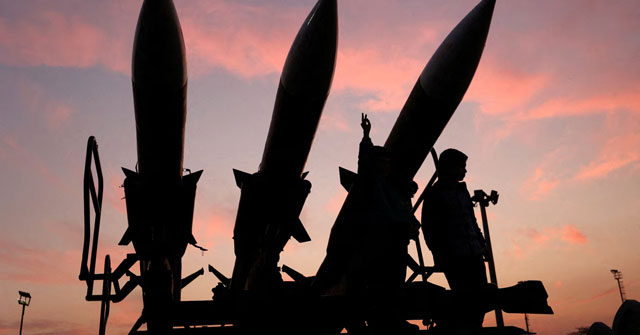Daijiworld Media Network - Tehran
Tehran, Apr 11: In a significant diplomatic development, Iran has confirmed that it will engage in nuclear talks with the United States in Oman on Saturday, April 12, describing the move as a “genuine” attempt at diplomacy despite what it termed as continued hostile pressure from Washington.
Iranian foreign ministry spokesperson Esmaeil Baqaei took to social media platform X to announce Tehran’s position ahead of the much-anticipated talks. “We are giving diplomacy a genuine chance in good faith and full vigilance. America should appreciate this decision, which was made despite their hostile rhetoric,” Baqaei said.

The talks, which have taken many observers by surprise, are being held in Muscat and are expected to bring together US Special Envoy Steve Witkoff and Iranian foreign minister Abbas Araghchi. However, a key point of contention remains over the nature of the dialogue, with US President Donald Trump asserting that the negotiations would be ‘direct,’ while Tehran has firmly maintained they will remain ‘indirect.’
The backdrop to the talks remains tense. Just days ago, President Trump reiterated that military action against Iran was ‘absolutely’ possible should the negotiations fail to yield progress. In response, a senior adviser to Iran’s supreme leader Ayatollah Ali Khamenei, Ali Shamkhani, warned that such threats could lead to drastic measures, including the expulsion of UN nuclear inspectors from Iranian facilities a move that Washington labeled ‘an escalation and a miscalculation.’
Despite these tensions, Tehran’s decision to enter the diplomatic space came after President Trump reportedly sent a letter to Ayatollah Khamenei last month urging negotiations, while simultaneously warning of consequences should Tehran continue its current course.
Iran’s leadership responded weeks later, signaling openness to indirect dialogue while firmly rejecting direct talks until the United States rolls back its ‘maximum pressure’ sanctions campaign targeting Iran’s oil and nuclear sectors.
As both sides prepare to meet, Baqaei emphasized that Iran would approach the meeting with cautious optimism. “We intend to assess the intentions and seriousness of the other side on Saturday and adjust our next moves accordingly,” he said.
The Muscat talks are expected to be closely watched globally, with regional stakeholders and the international community awaiting potential signs of de-escalation in one of the most enduring and volatile rivalries in West Asia.